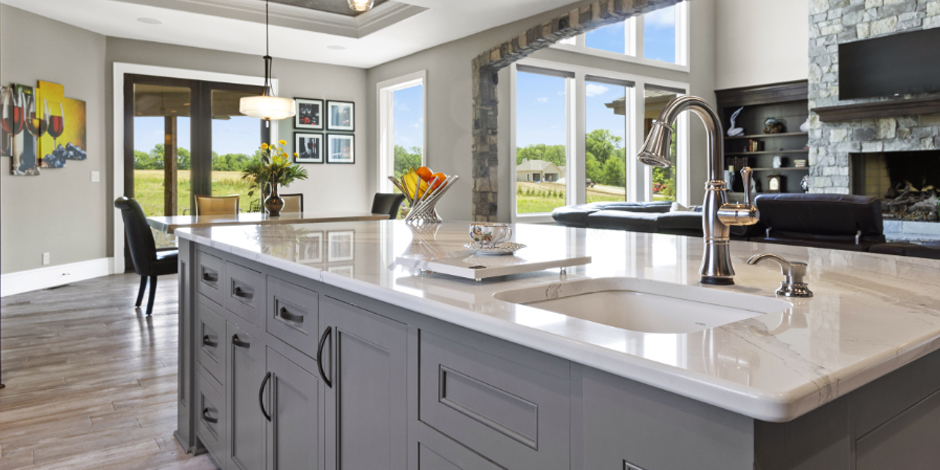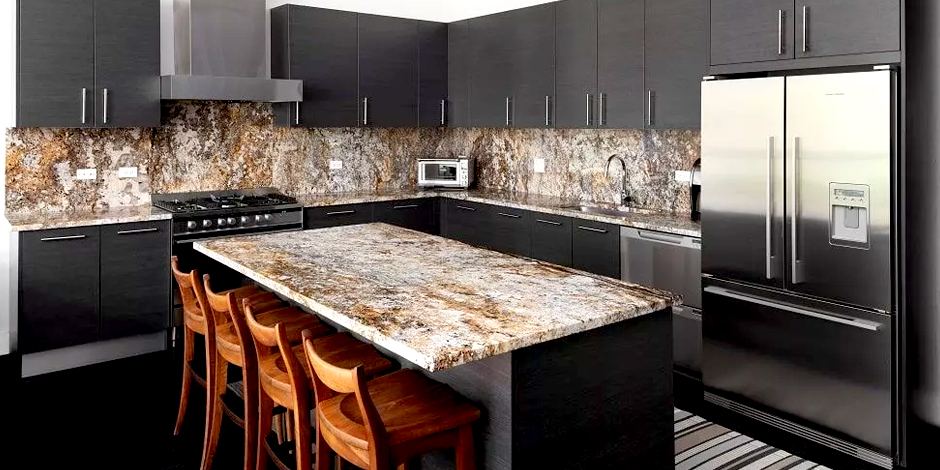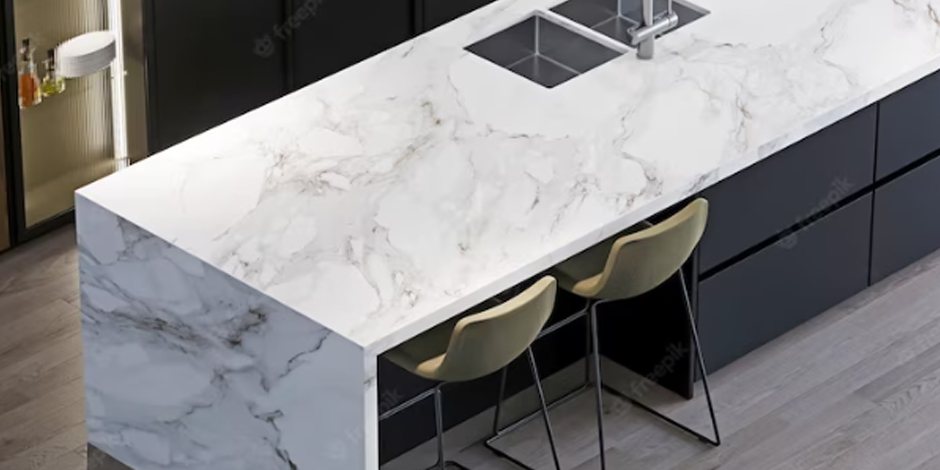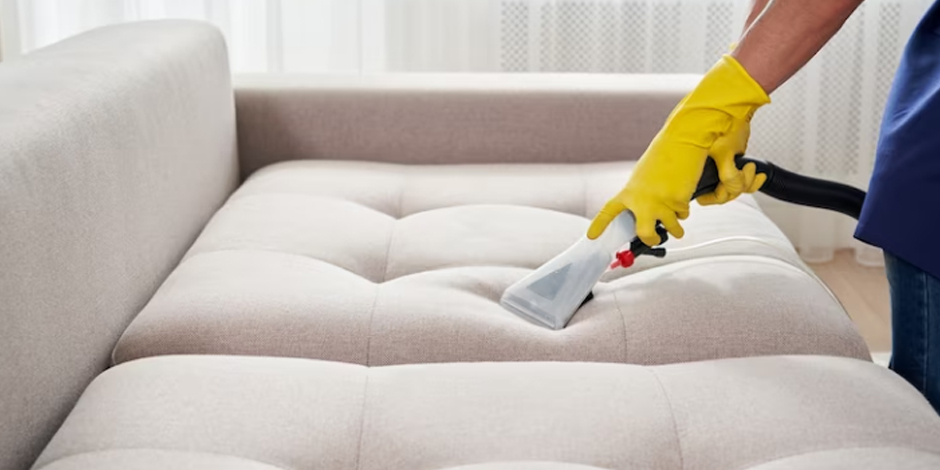If you’re having trouble distinguishing between quartz and quartzite countertops, you’re not alone. The names may sound alike, but there are significant differences between the two materials. In this comparison, we’ll outline the essential features of each and highlight what sets them apart. With this information, you’ll be able to determine which material is the best fit for your next home improvement project.
While quartz and quartzite countertops may sound similar, they are distinct materials with their own unique characteristics. Quartzite, like granite, is a natural stone, while quartz countertops are manufactured. Unfortunately, many consumers are unaware of this distinction.
There are pros and cons to both natural stone and man-made countertops when it comes to factors such as durability, cleaning and maintenance, resistance to stains and hot pans, available colors, cost, and more. In this comparison, we’ll explore these differences in detail.
What Are Quartz Countertops?
The quartz countertop is a favorite among many of today’s homeowners.
- It combines the classic look of stone with advanced manufacturing technologies for a more predictable color, pattern, and performance.
- Quartz, the primary component for these countertops, is a natural material.
- It is widely available around the world and is second only to feldspar in its abundance. Its main component is silica or silicon dioxide.
- During the manufacturing process, the loose quartz is combined with resins and pigments, creating beautiful colors and patterns.
- The mixture is then formed into a countertop slab by applying a massive amount of pressure using a combination of vacuum and vibration.
Finally, the material goes through a curing stage and strict quality control. The whole process is very different from that of stone countertops.
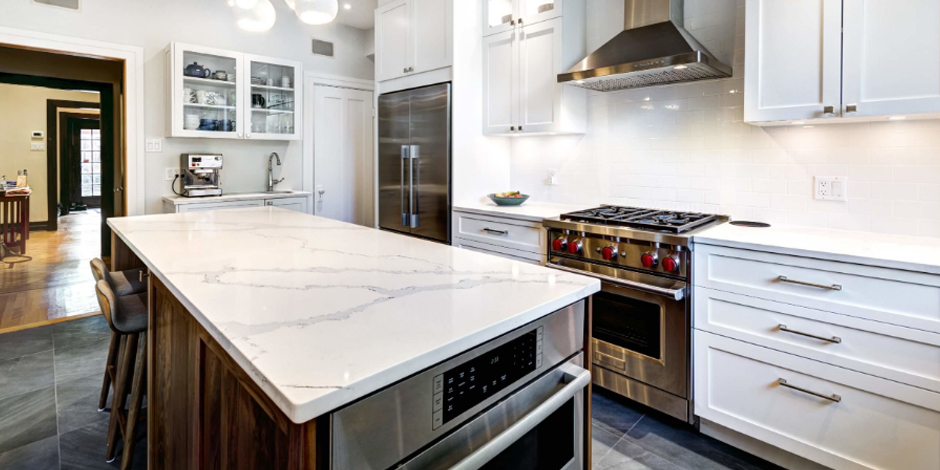
Quartzite countertops, unlike their man-made quartz counterparts, are made of natural stone. This stone begins its life as sandstone and is gradually transformed into sparkling quartz crystals over thousands of years due to heat and pressure within the earth.
The color of quartzite varies depending on the minerals present in the area where the stone forms. Its appearance is often mistaken for marble or granite due to its delicate veining and pattern movement.
Quartzite is highly durable and has a mineral hardness score of seven on the Mohs scale, making it even harder than granite. However, its porosity varies widely. Some quartzite has been subjected to intense pressure and tightly bonded minerals, while others are more porous and susceptible to staining due to incomplete metamorphosis.
To reduce absorbency and protect against stains, it’s advisable to apply a stone sealer to quartzite and other natural stone countertops.
The process of creating quartzite and natural stone countertops begins with the mining of large blocks of stone. These blocks are then cut into slabs using specialized saws, with each slab assigned a unique number to preserve its natural sequence.
One side of each slab is polished using industrial machines equipped with diamond-tipped instruments to reveal a unique and colorful surface. For custom-sized countertops, the slabs are cut using large saws with diamond-coated blades, resulting in smooth but unpolished edges.
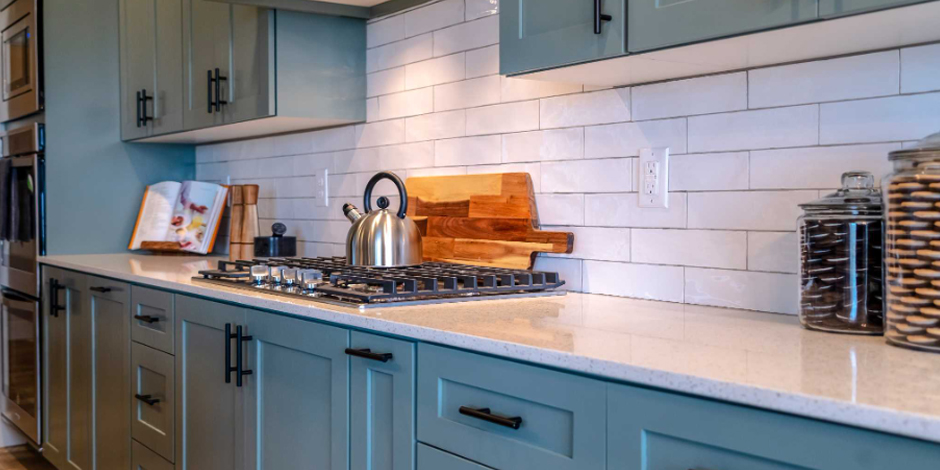
To finish the edges and achieve the desired edge type, a CNC machine is used.
Both quartz and quartzite countertops have their own unique set of advantages and disadvantages. It’s important to carefully consider the intended installation location and how the countertops will be used to assess which surface is best suited to your needs.
Advantages of Quartz:
- Non-porous, eliminating the need for sealant.
- Exceptional resistance to staining, with most surface stains being easy to remove.
- Hardness rating of seven on the Mohs scale, surpassing that of marble, translating to increased durability and longevity.
- Resistant to scratches removal, cracks, and chips repair.
- Manufacturers typically offer generous warranties, some of which include limited lifetime or residential lifetime warranties.
- Available in a wide variety of colors, designs, and even incorporating other materials like recycled glass and metal flecks.
- Simple to clean and maintain when using appropriate products, and avoiding those that can damage quartz.
- Highly desirable among homebuyers, with the potential to increase the value of a property.


